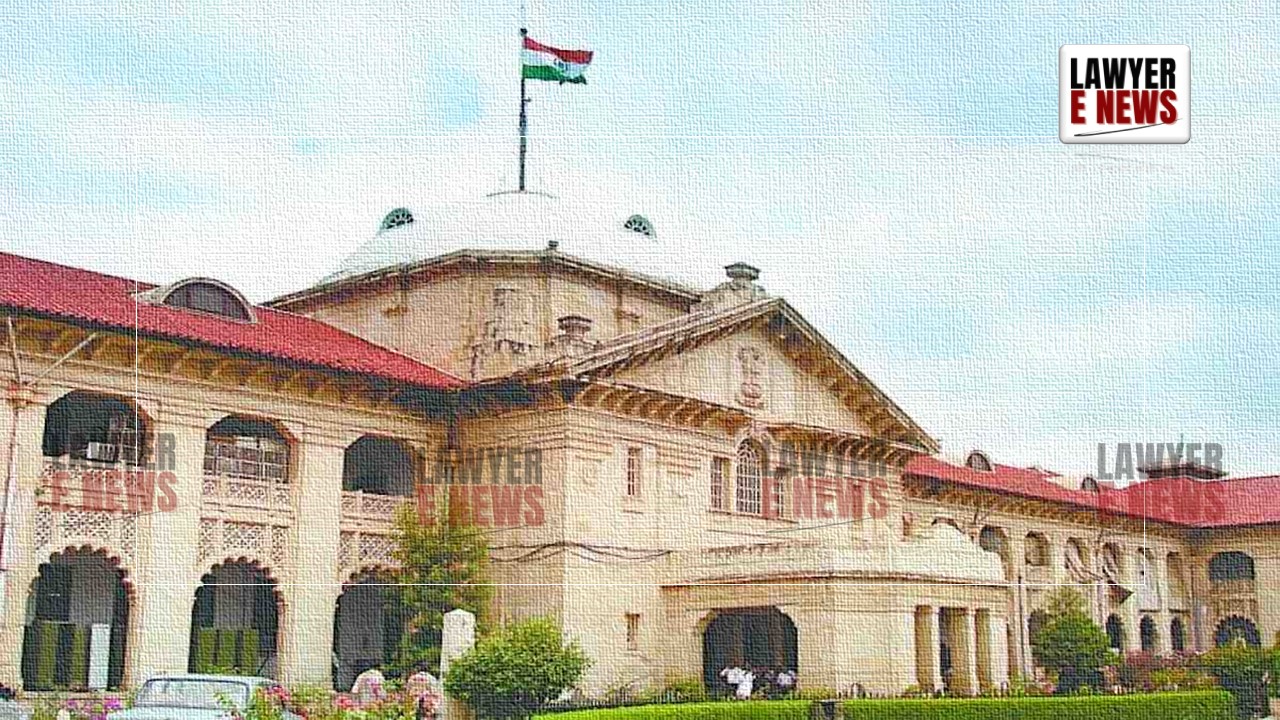-
by Admin
15 February 2026 5:35 AM



Given the political clout of the accused and the vulnerable status of the victim, enlarging the applicant on bail at this stage could adversely affect the trial. - Justice Pankaj Bhatia. Allahabad High Court in Criminal Misc. Bail Application No. 10072 of 2024 denied bail to Moid Ahmad, a 71-year-old accused under the POCSO Act and Section 376-DA IPC. Ahmad was accused of repeated sexual assaults on a 12-year-old girl. The court cited the applicant's political influence and the risk of intimidation of witnesses as key reasons for rejecting the bail application.
The FIR, lodged on July 29, 2024, alleged that the victim, a minor, was lured to Ahmad’s bakery, where she was sexually assaulted by Ahmad and co-accused Raju. They allegedly recorded the assault and blackmailed the victim, leading to multiple instances of rape. The victim became pregnant, and the matter came to light when she was taken to the hospital for health issues.
The court emphasized that Ahmad’s political connections and the stark disparity in the social and financial status between the accused and the victim posed a substantial risk to the fairness of the trial. The court was concerned that if Ahmad was released on bail, he might use his influence to manipulate witnesses or intimidate the victim’s family.
While the FSL report confirmed the co-accused Raju as the father of the aborted fetus, the court noted that this did not absolve Ahmad of guilt, as he was accused of participating in the assaults. The court referenced the definition of rape under Section 375 IPC, which includes any form of non-consensual intercourse.
The court underscored the legal presumption under Section 29 of the POCSO Act, which places the burden of proof on the accused to show that he did not commit the offense.
The court rejected the bail application, citing the severity of the allegations, Ahmad’s political influence, and the likelihood of witness tampering. The court directed the trial to proceed expeditiously, with the victim's testimony to be recorded within 30 days.
Date of Decision: October 3, 2024
Moid Ahmad vs. State of U.P.
